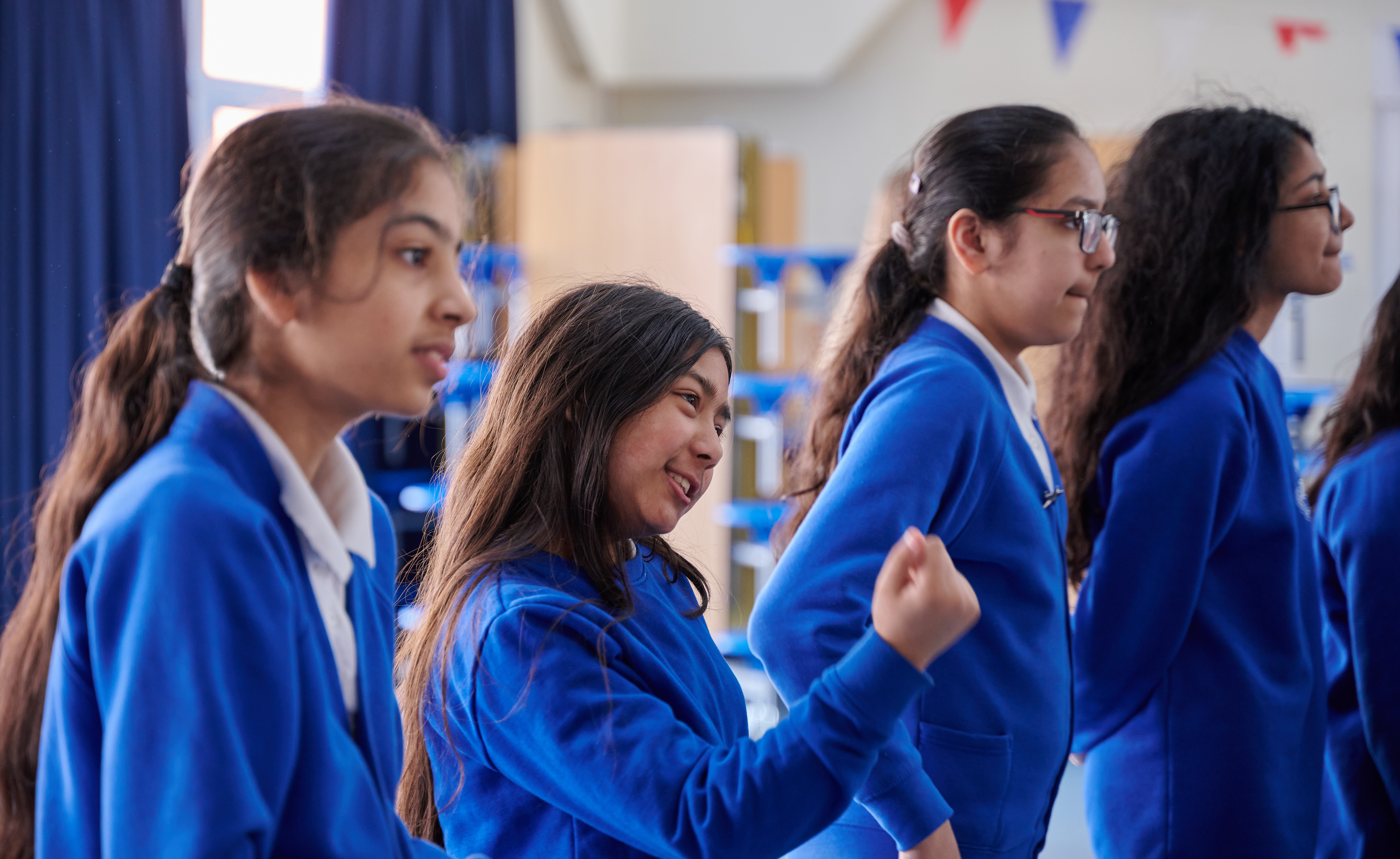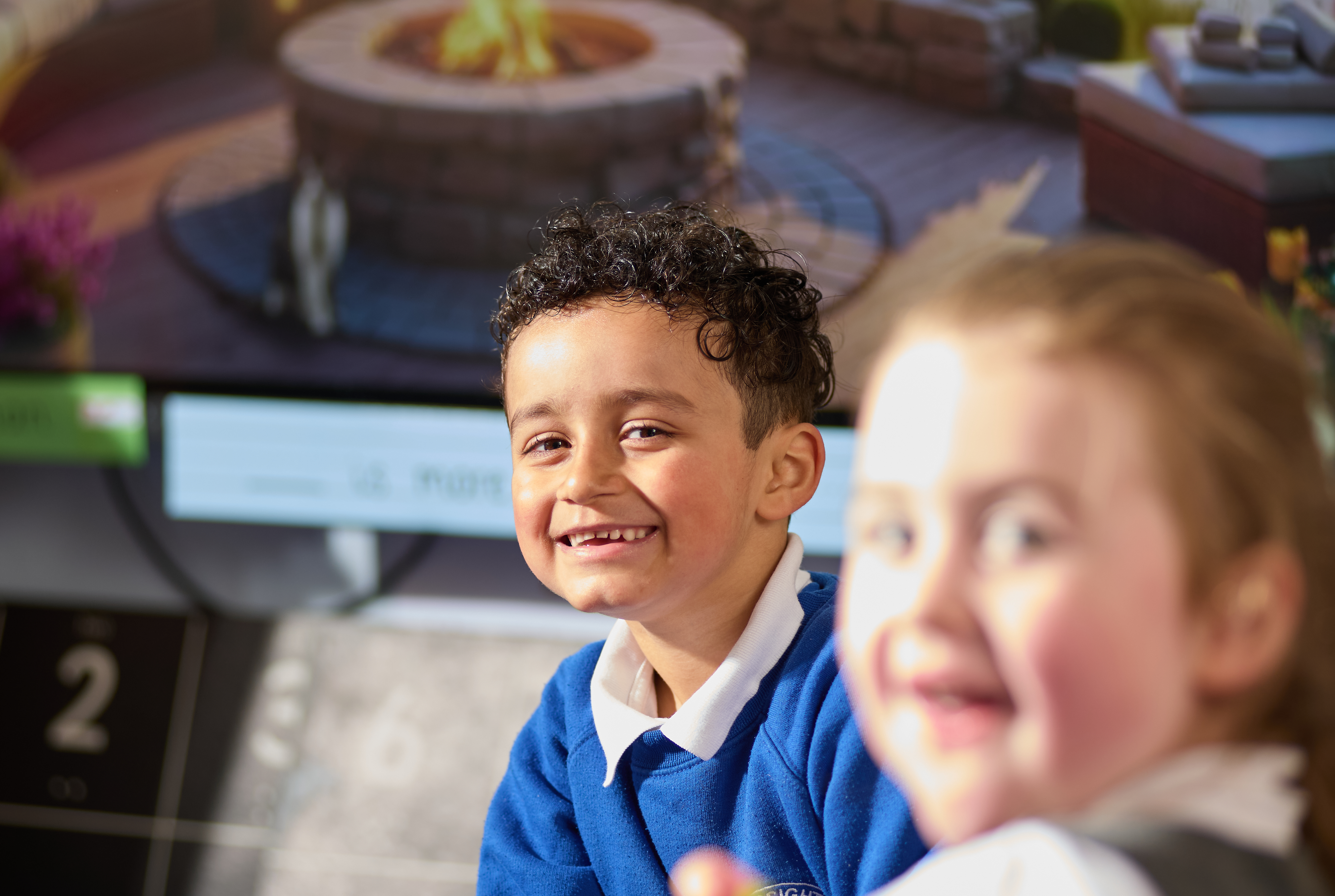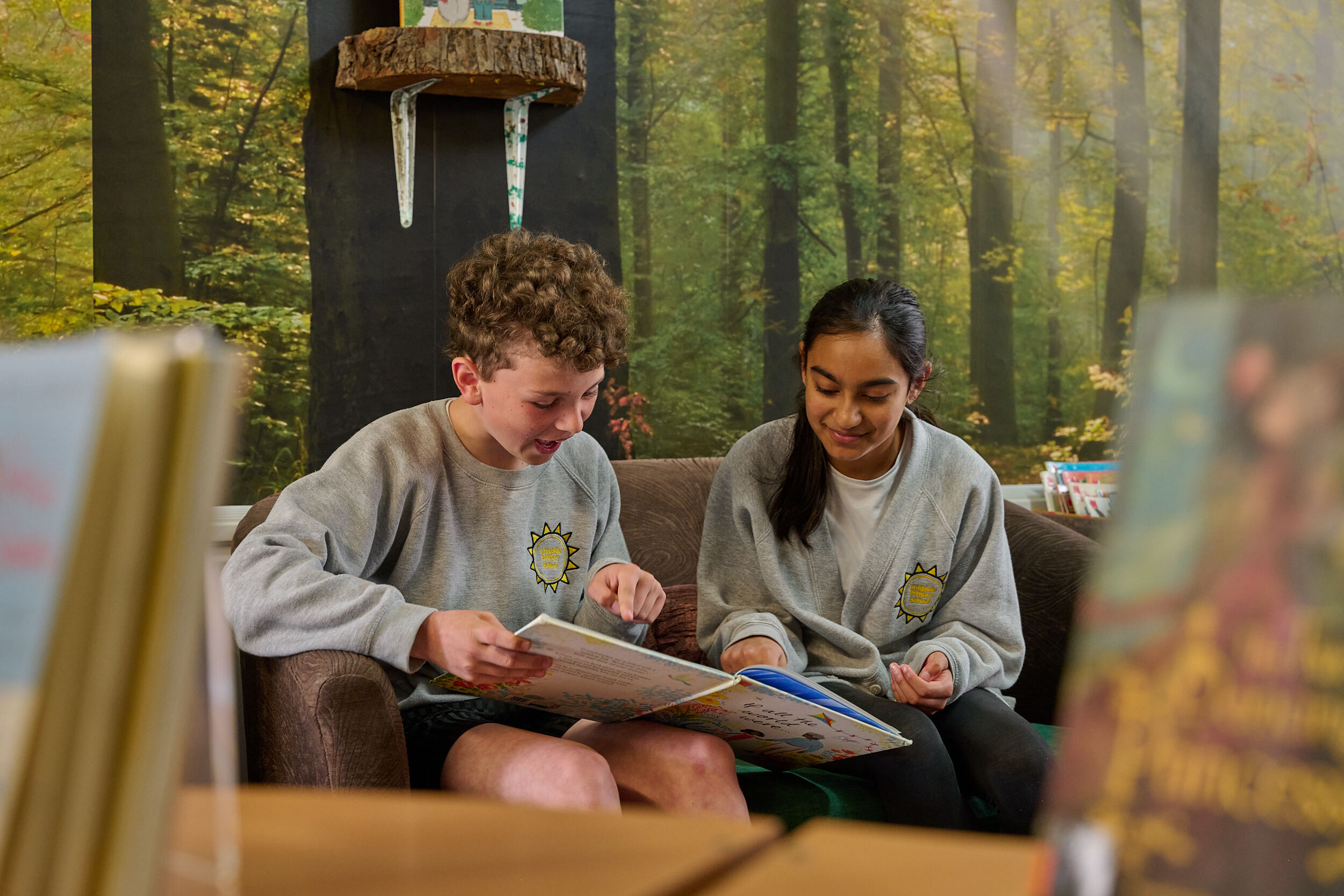Spotlight on Oracy
Your knowledge hub for exploring how an oracy education impacts your students and your school.
What is oracy?
Oracy is the ability to articulate ideas, develop understanding and engage with others through speaking, listening, and communication.
The Voice 21 membership is designed for long-term impact, with a focus on embedding changes within schools and communities. By working with us, you'll get dedicated and sustained support to develop your oracy practice over time.
To learn how Voice 21 supports schools in developing high-quality oracy education, explore how we work with schools below.
Learn about the impact of oracy on students and schools

Confidence
Your pupils have a lot to say but might lack the skills needed to express themselves. Feeling listened to and being heard brings young people out of their shells and gives them the ability to put their best foot forward in life.
Discover how a high quality oracy education can improve a students' confidence.

SEND
At a time schools are seeing an increase in SEND students and longer waiting lists for support, oracy helps to involve all learners, identify needs and strengthen language skills.
There are other ways to make talk more equitable in the classroom, ensuring that all learners have their voices heard. Talk tokens, no hands up and think-pair-share are all effective ways of promoting the idea that every voice matters.
Remember that listening is just as important as speaking in an oracy-rich classroom and often our quiet children are great listeners.
English as an Additional Language
Oracy-rich classrooms celebrate different languages and cultures by explicitly teaching the speaking and listening skills that provides the space EAL learners need to blossom.
Providing rich contexts for talk, such as concrete experiences like making bread or conducting an experiment are particularly important for students learning EAL as it helps activate any prior knowledge they may have in another language, allowing them to access content at the appropriate level.
.jpg)







.jpg)
